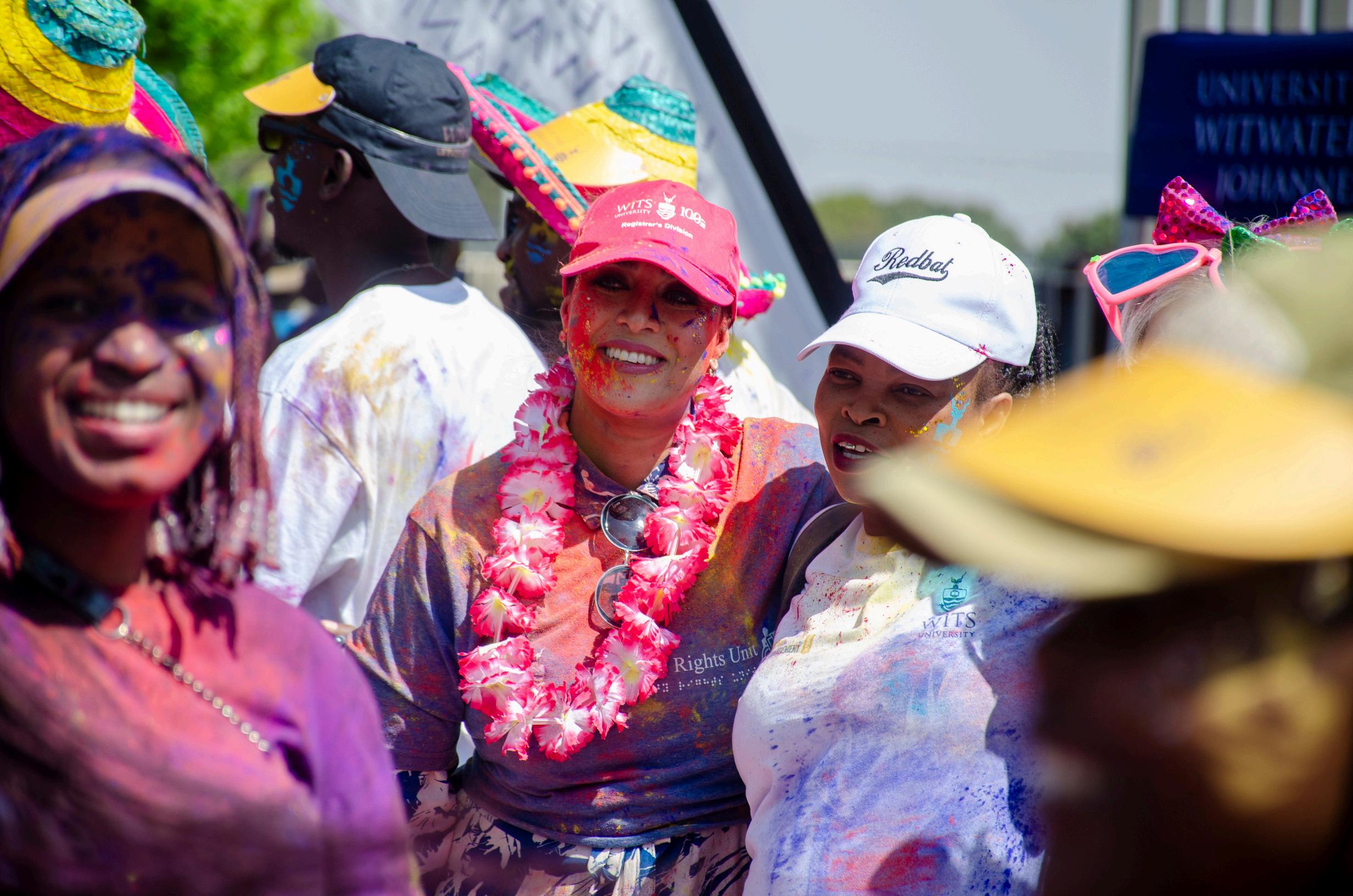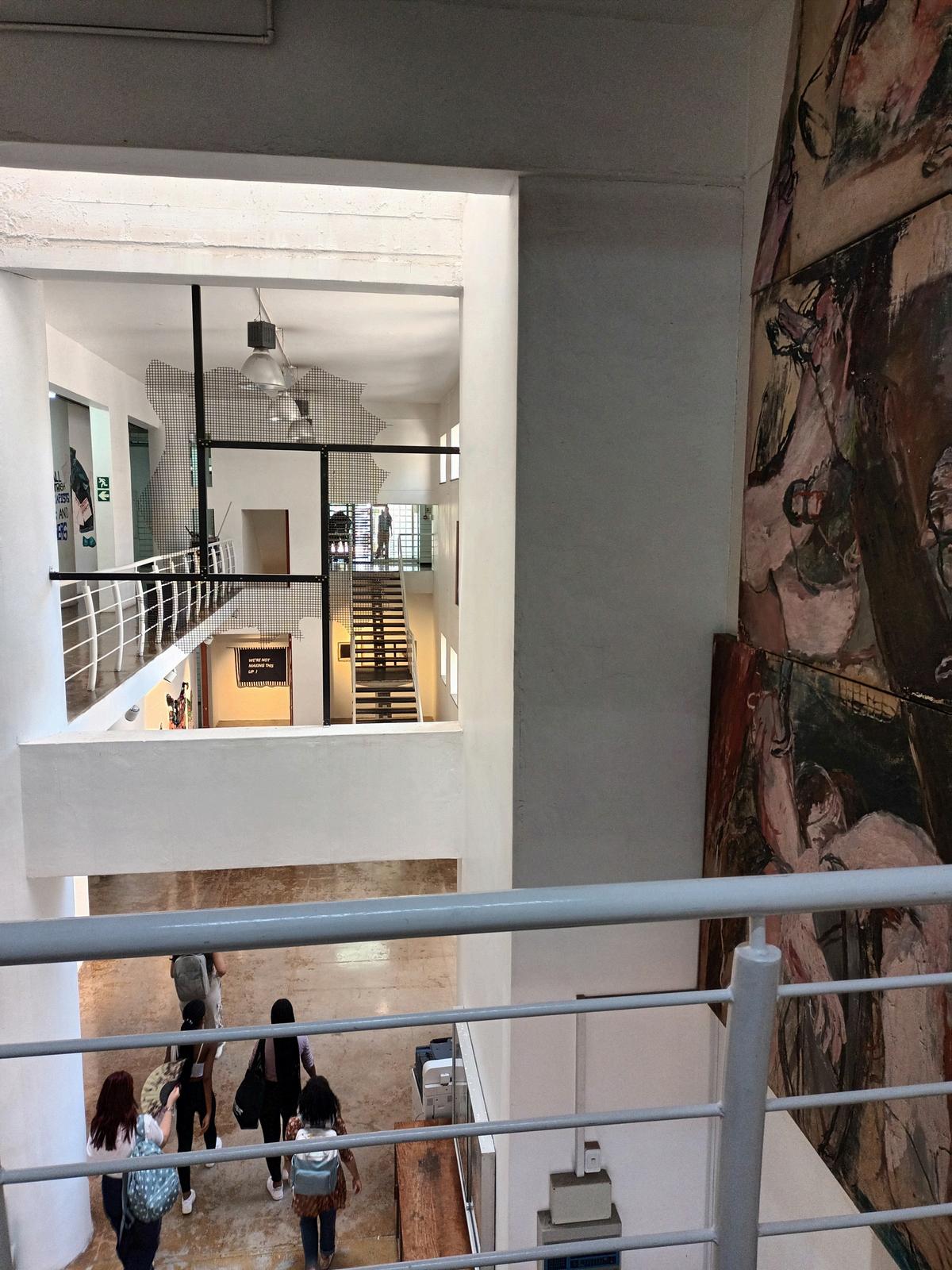
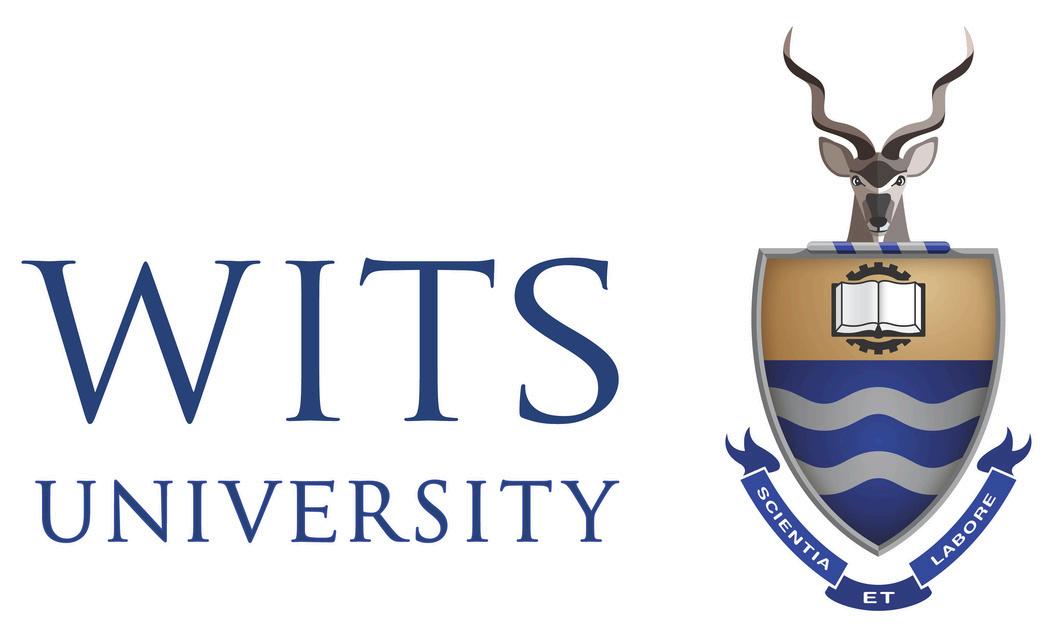
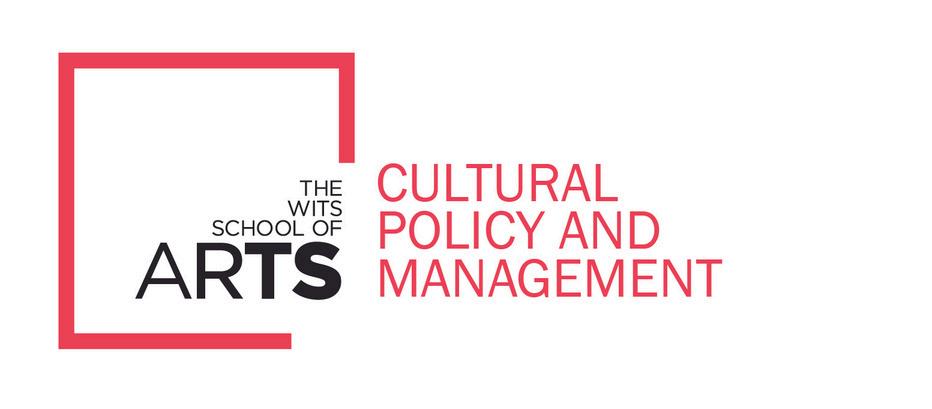






CPM prepares students for entry into the diverse and exciting world of cultural policy, cultural economy, city-making, cultural management, cultural leadership and activism, cultural administration and arts marketing. The post-graduate degrees encourage both recent graduates as well as mid-career professionals in the creative sector aiming to consolidate their grasp and practice of the field.
The Cultural Policy and Management department in the Wits School of Arts offers electives for 3rd and 4th Year, course work in the Honours and Masters years, degrees by research in the MA and PhD level as well as short courses on many of our courses.

CONTACT: Vuyolwethu Madyibi
Email: vuyolwethu.madyibi@wits.ac.za
Office Tel: +27 11 717 4770
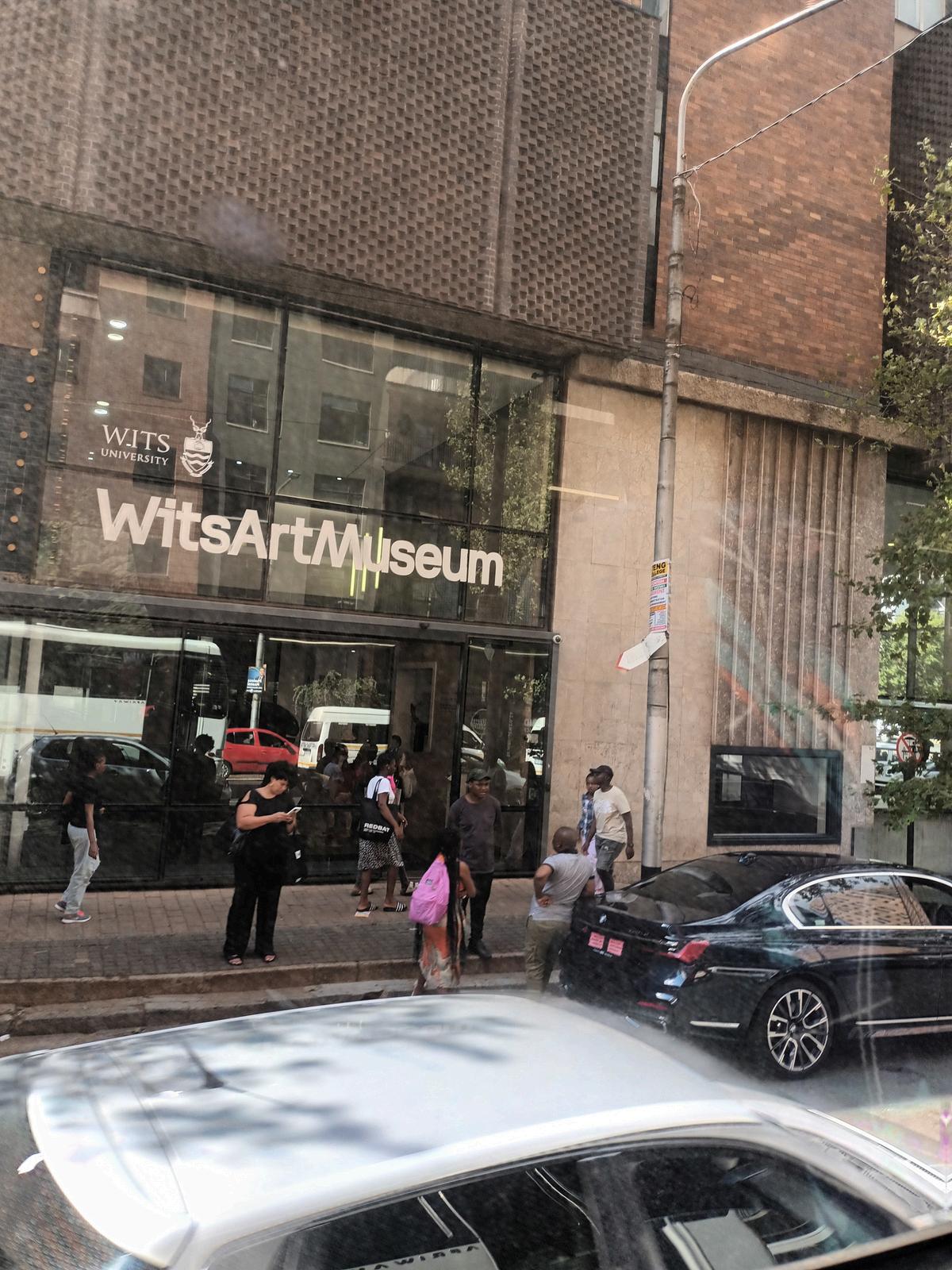
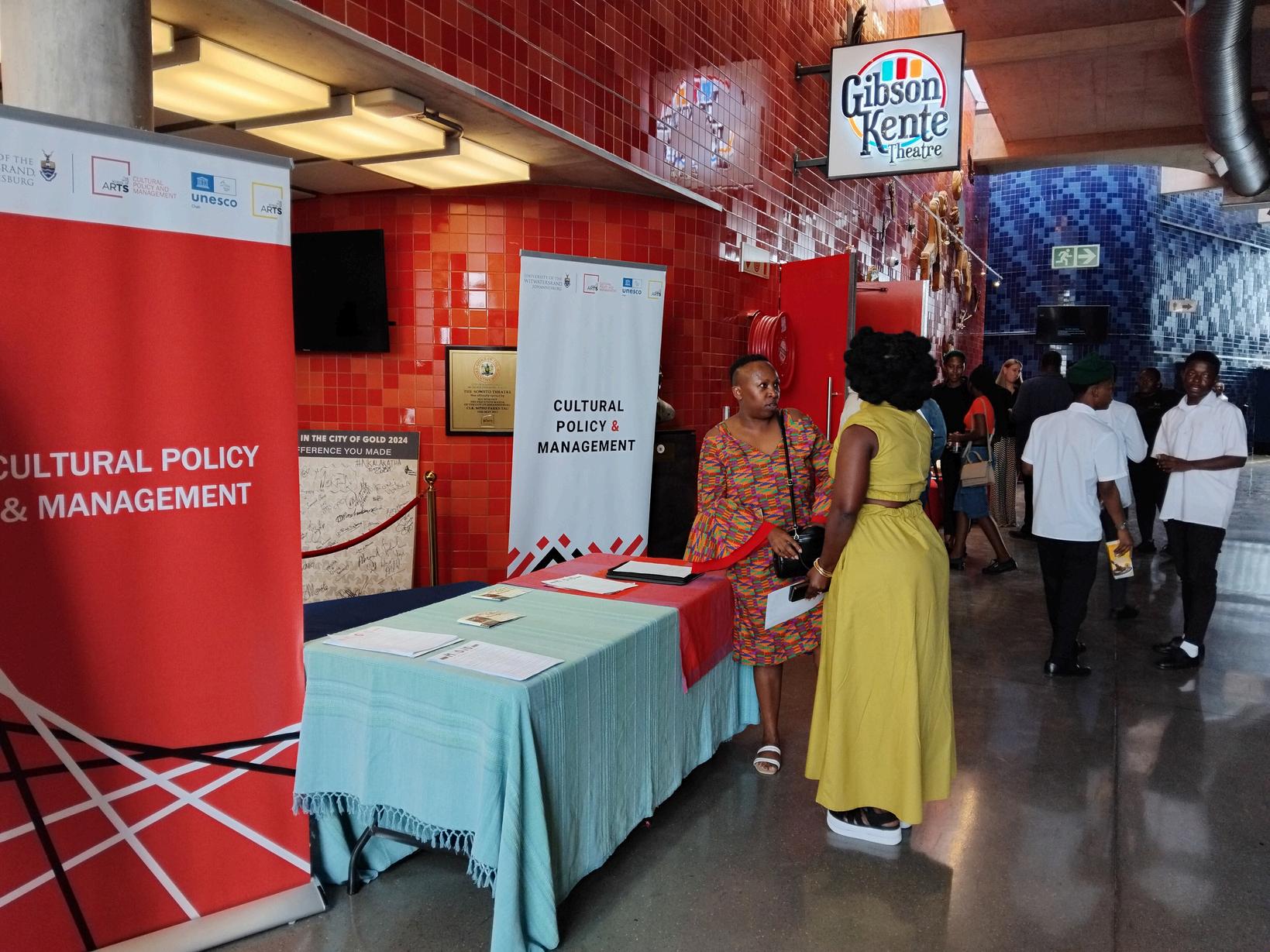
CULTURAL POLICY AND MANAGEMENT (CPM)
BACHELOR OF ARTS HONOURS
IN THE FIELD OF CULTURAL POLICY AND MANAGEMENT
MASTER OF ARTS BY COURSEWORK AND RESEARCH
IN THE FIELD OF CULTURAL POLICY AND MANAGEMENT
MASTER OF ARTS BY RESEARCH/DISSERTATION
IN THE FIELD OF CULTURAL POLICY AND MANAGEMENT
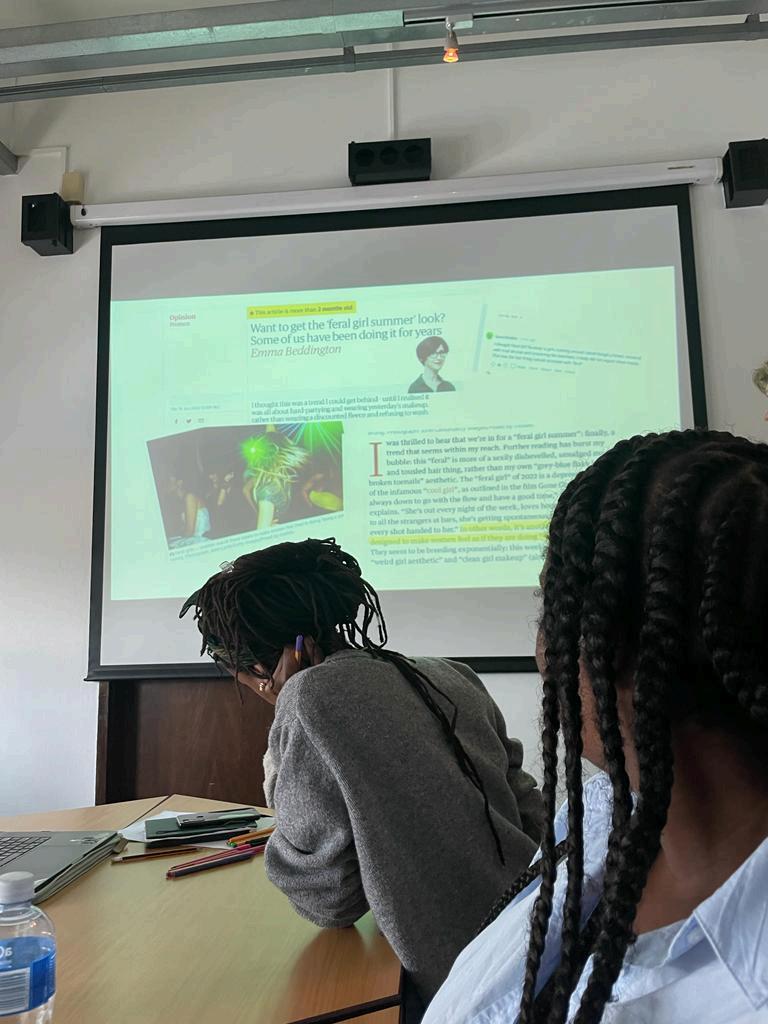
DOCTOR OF PHILOSOPHY
IN THE FIELD OF CULTURAL POLICY AND MANAGEMENT

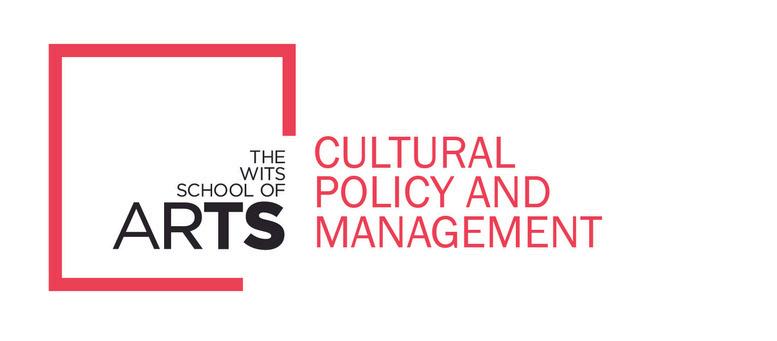
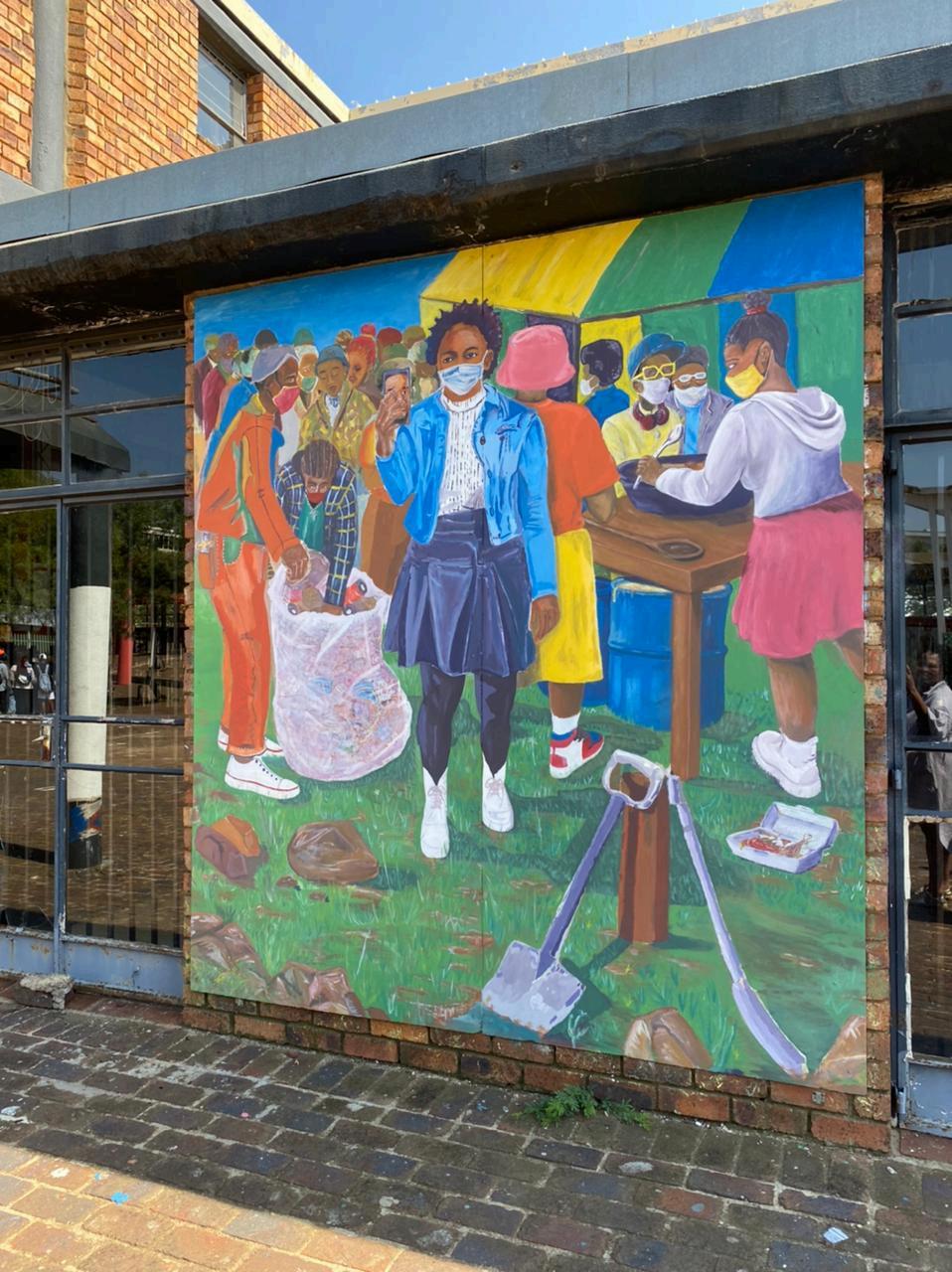
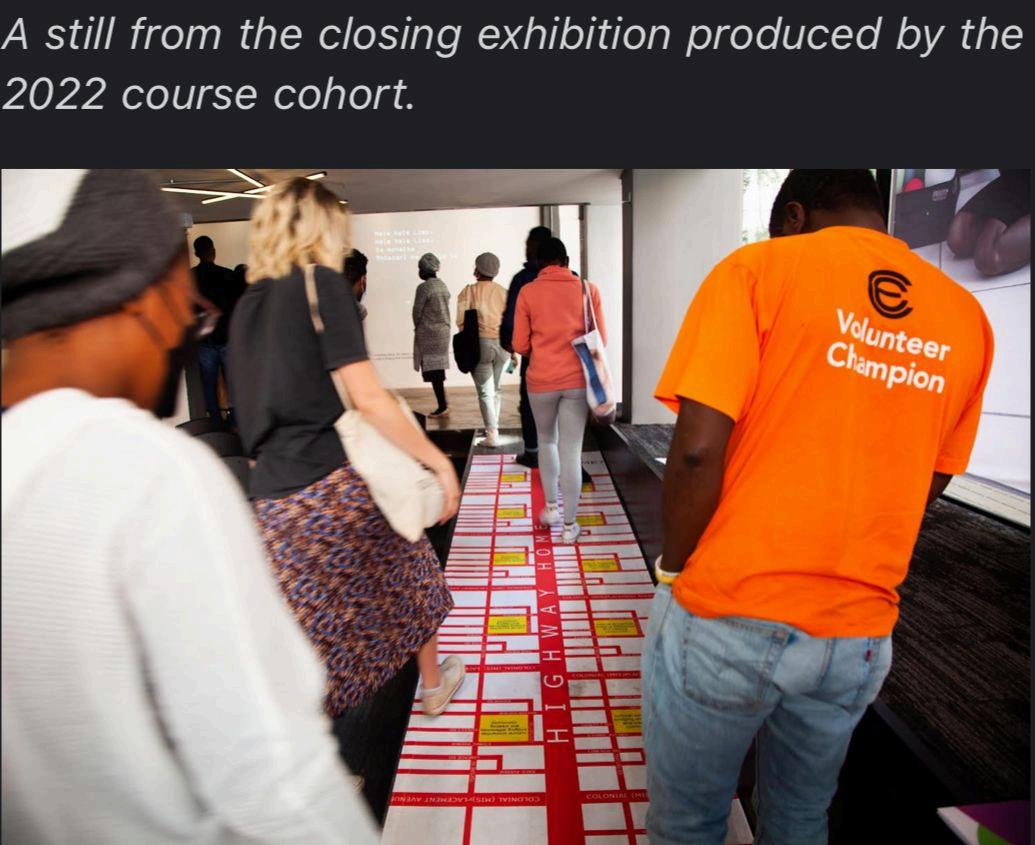
Department Administrator
Vuyolwethu Madyibi vuyolwethu.madyibi@wits.ac.za
Tel: +27 11 717 4770
For assistance with the application and registration processes, and enquiries on funding opportunities, please contact the Wits School of Arts Postgraduate Administrator via; Email: pg.wsoa@wits.ac.za and Tel: +27 11 717 4617


Please contact the relevant staff member at least one month in advance for specific recommendation letter requests. Our staff members are here to assist both current and alumni students, kindly ensure that ample notice is given before the date when the recommendation is required.
All such requests should be accompanied by the student’s CV, academic transcript, and a clear indication of the nature of the application (e.g. application for the MA degree by Dissertation in Cultural Policy and Leadership).


Programme Code: AHA00
NQF Exit Level: 8
Plan Code: AFACPMA40
NQF Credits: 122



Students registered for the Bachelor of Arts Honours in Cultural Policy and Management are required to complete four coursework units and write a research essay of 10,000 words. Full-time registration requires students to complete all four courses and the research long essay in one year, while part-time registration requires students to complete two courses in the first year of registration and the remaining two and the research long essay in their second year of study/ registration. Each course is one semester long (either February – June or July – November), and the contact time (attendance) for each course is one afternoon or morning per week during term time. NB below: The 4th year course codes apply to students registering within the Faculty of the Humanities, and Honours course codes are for students registering for the Bachelor of Arts Honours in Cultural Policy and Management. Students who have completed 3rd year CPM courses can register for the courses below. These are compulsory courses for Honours in Cultural Policy and Management as well:
An applicant must have an average of at least 65% in the final year of her/his/their undergraduate degree equivalent year of study. In addition to an online application, an applicant must submit:
A cover letter/letter of motivation indicating reasons for applying for the CPM Honours
A written expression of interest outlining the proposed topic of research/ long essay
A scholarly sample of writing for an assessment of suitability for the level of research and writing Curriculum vitae/resumé
Academic transcripts of all prior degrees or diplomas
One academic reference letter and one professional reference letter
Applicants will be required to present themselves to a selection panel for an interview in person or via telephone or video conference on a date to be communicated once all documents are submitted.
PROGRAMME CODE: AHA00 | PLAN CODE: AFACPMA40 | NQF EXIT LEVEL : 8
The total number of credits required for the award of the Honours degree is 122.
A minimum of three courses (23 credits each) must be selected from the Honours courses offered by the Department of Cultural Policy and Management (CPM). The three courses are:
WCPM4013A - Cultural Entrepreneurship (Semester 1)
WCPM4010A- Arts Marketing: Context, Strategies and Practices (Semester 2)
WCPM4004A- Directions in Cultural Leadership (Semester 1)
One additional course (23 credits each) may be selected from Honours-level courses outside the department. Students are reminded that entry into such courses must be approved by the relevant department.
Lastly, prospective applicants must enrol for the compulsory Long Essay in Cultural Policy and Management Enrolment (WCPM4011A) that spans from Semester 1 - 2. Successful completion of this course is required for graduation.

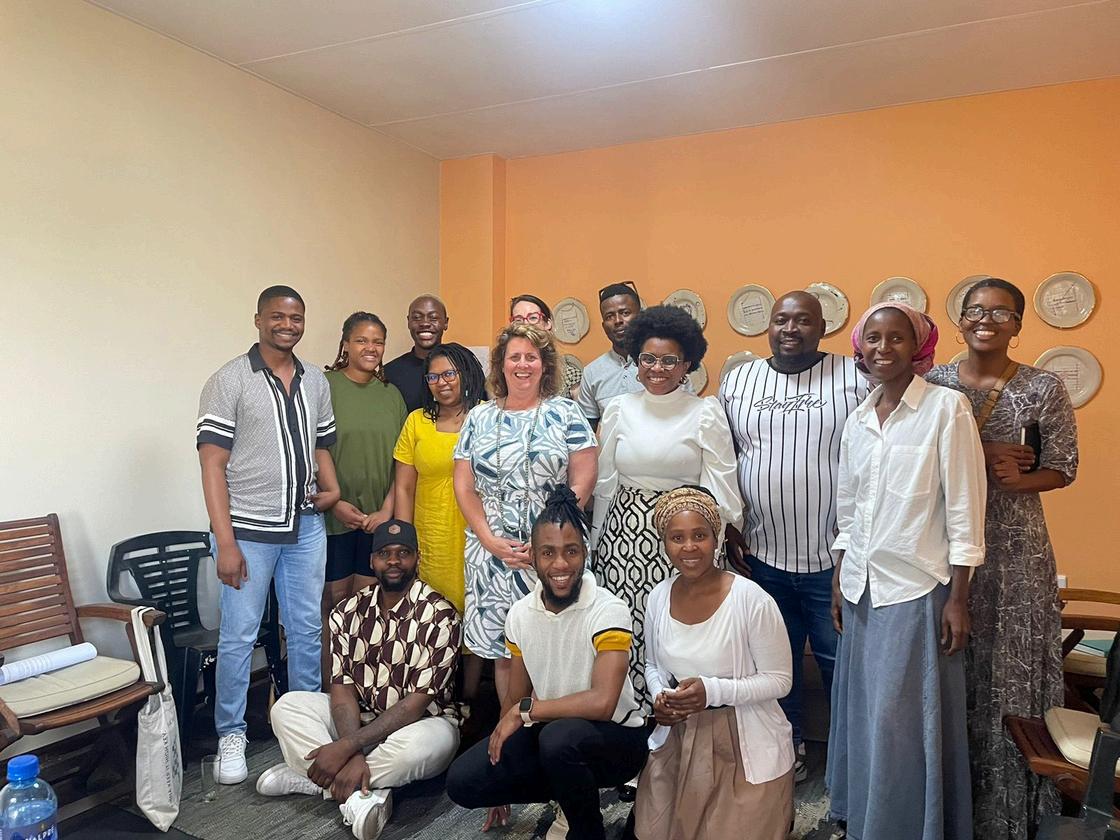
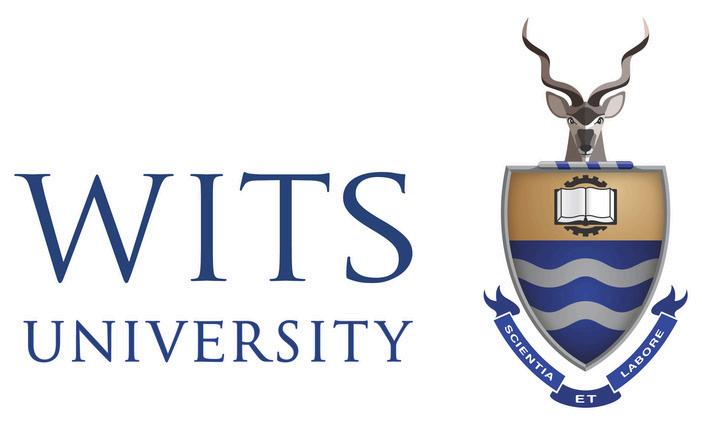
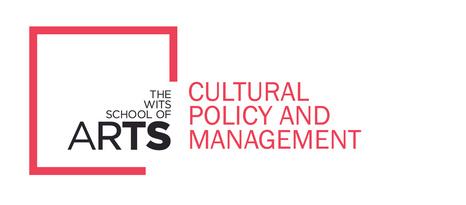
PROGRAMME CODE: AHA00
Cultural Entrepreneurship
Code: WCPM4013A
Semester 1
The course focuses on key concepts and theories in cultural entrepreneurship within the formal and informal creative economy. Topics such as business models in the arts and culture sector and the professional practices of artists provide insights into business practices such as; legal entities, organizational forms and design, building teams, and understanding the difference between strategy and action. The use of local and international case studies is critical. Guest lecturers provide insightful information into existing practice. Students experience working at an arts organisation in a structured traineeship, which enables them to gain hands-on experience in cultural entrepreneurship.
Code: WCPM4004A
Semester 1
This course focuses on conscious leadership for the artist and arts communities. Candidates are prepared for leadership with in themselves, as well as in teams and organisations through self-awareness studies. Usage of leadership for personal growth and career preparation is encouraged. Skills for enhancing personal visions and effective performance, negotiating and decision making are also developed. This course promotes independent research as a key activity.
Essay in Cultural Policy and Management | Code: WCPM4011A
Semester 1 & 2
Students choose their own research topic based on individual interest and are then guided through the process by a supervisor. The research project must culminate in a 10 000 word research essay.


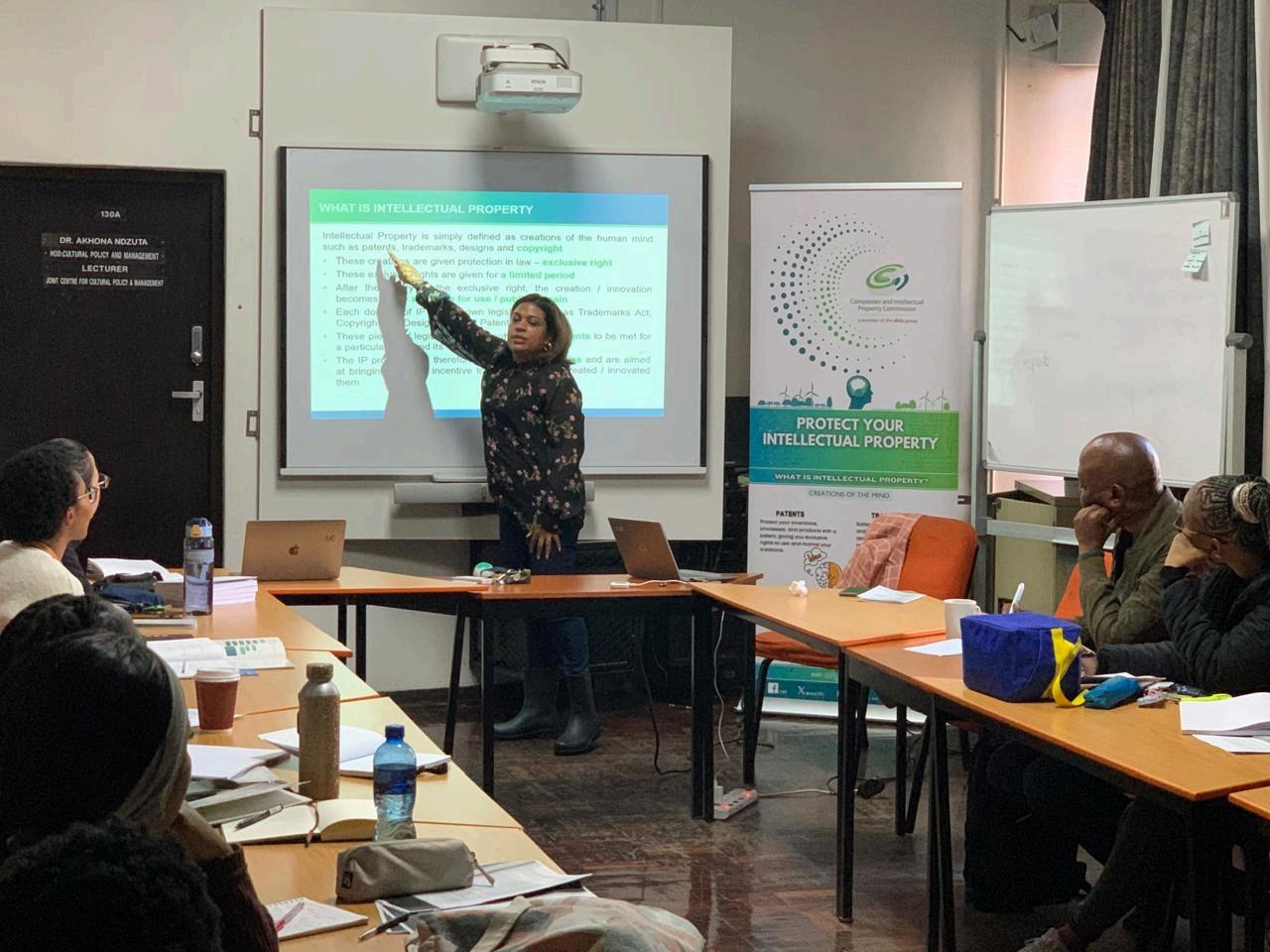


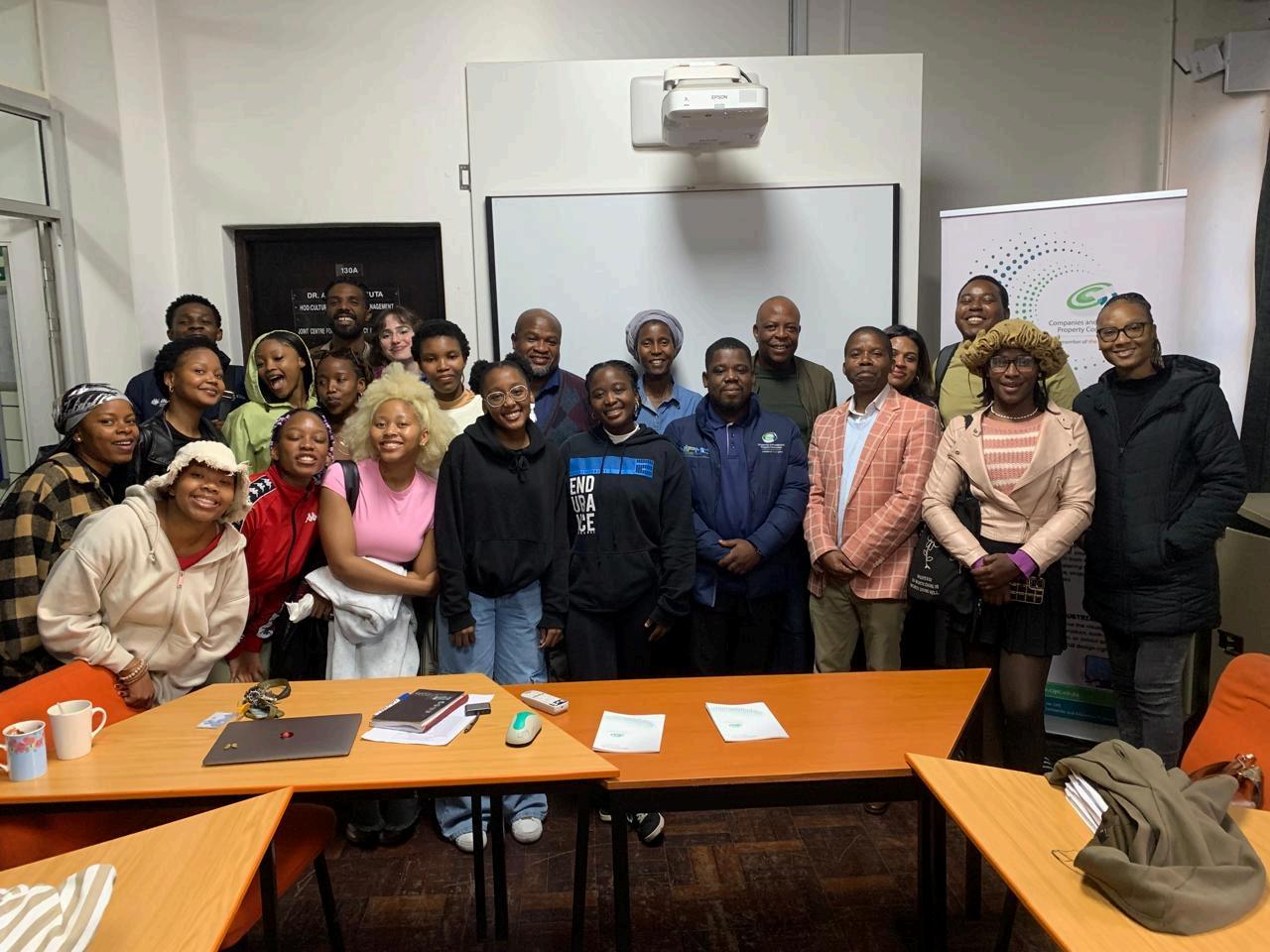
PROGRAMME CODE: AHA00 | PLAN CODE: AFACPMA40 | NQF EXIT LEVEL : 8
Code: WCPM4016A
Semester 2
The course explores the role of culture in public policy, and how this impacts its manifestation in the different spheres of government. The course locates the concept of culture within the historical context of the global South, and its socio-political and cultural policy frameworks, and raises questions about the place of cultural policy in public policy formulation in the areas of health, education, and the economy.
It identifies and unpacks contemporary policy problems. These questions centralise issues around resource allocation, capacity building and policy making and implementation. The course will consider the influence of international policies on African contexts and what effective interventions can be created that embrace local interdisciplinary contexts affected by digital technology developments.
Code: WCPM4010A
Semester 2
This course teaches concepts and theories of understanding cultural goods, and how to develop and plan. It also delves briefly into how to access the appropriate audience for artistic programming i.e., audience development. You will create and design a marketing strategy conducive to organisational needs - plan, implement, monitor and evaluate market research.
Semesters 1 & 2: Bachelor of Arts Honours Long Essay - (WCPM4010A). Students choose their own research topic based on individual interests and are then guided by a supervisor. The research project must culminate in a 10 000 word research essay.
PROGRAMME CODE: AHA00 | PLAN CODE: AFACPMA40
NQF EXIT LEVEL : 8

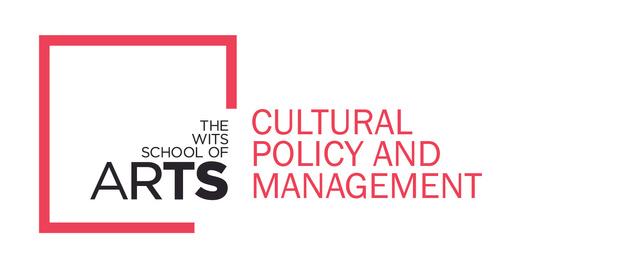
Students can choose electives from different divisions within the School of Arts and the Faculty of the Humanities where they meet entry requirements. Electives must be discussed with the Honours course coordinator. Curriculum plans with the intention to register either physically or online must be discussed and approved by the course coordinator.
The following courses are available from other divisions subject to the conditions above:
Rewriting the Self (CPVC4001A
Museum Education (CPVC4022A)
Postcolonial Art History (CPVC4021A)
African Art History (CPVC4020A)
Memory and Visual Culture (CPVC4000A)
Archive Theory and Practice (CPVC4038A)
Digital Humanities (IACS4017A)
Participatory Culture (IACS4012A)
Public Culture (IACS4014A)

PROGRAMME CODE: AHA00 | PLAN CODE: AFACPMA40
NQF EXIT LEVEL : 8
Students who are planning on registering for the Bachelor of Arts Honours in Cultural Policy and Management are required to obtain curriculum counselling prior to registration. Your proposed curriculum must be approved by the CPM Honours coordinator, Ms Johanna Mavhungu (johanna.mavhungu@wits.ac.za).
As CPM Honours students, you will be automatically accepted into Honours levels courses. However, your preferred Honours course selections outside the CPM department will require approval by the relevant departments.
These courses are often limited in size (and fill up fast), or have pre-requisites, so ensure you contact the departmental Honours coordinator or the course presenter well in advance of registration.


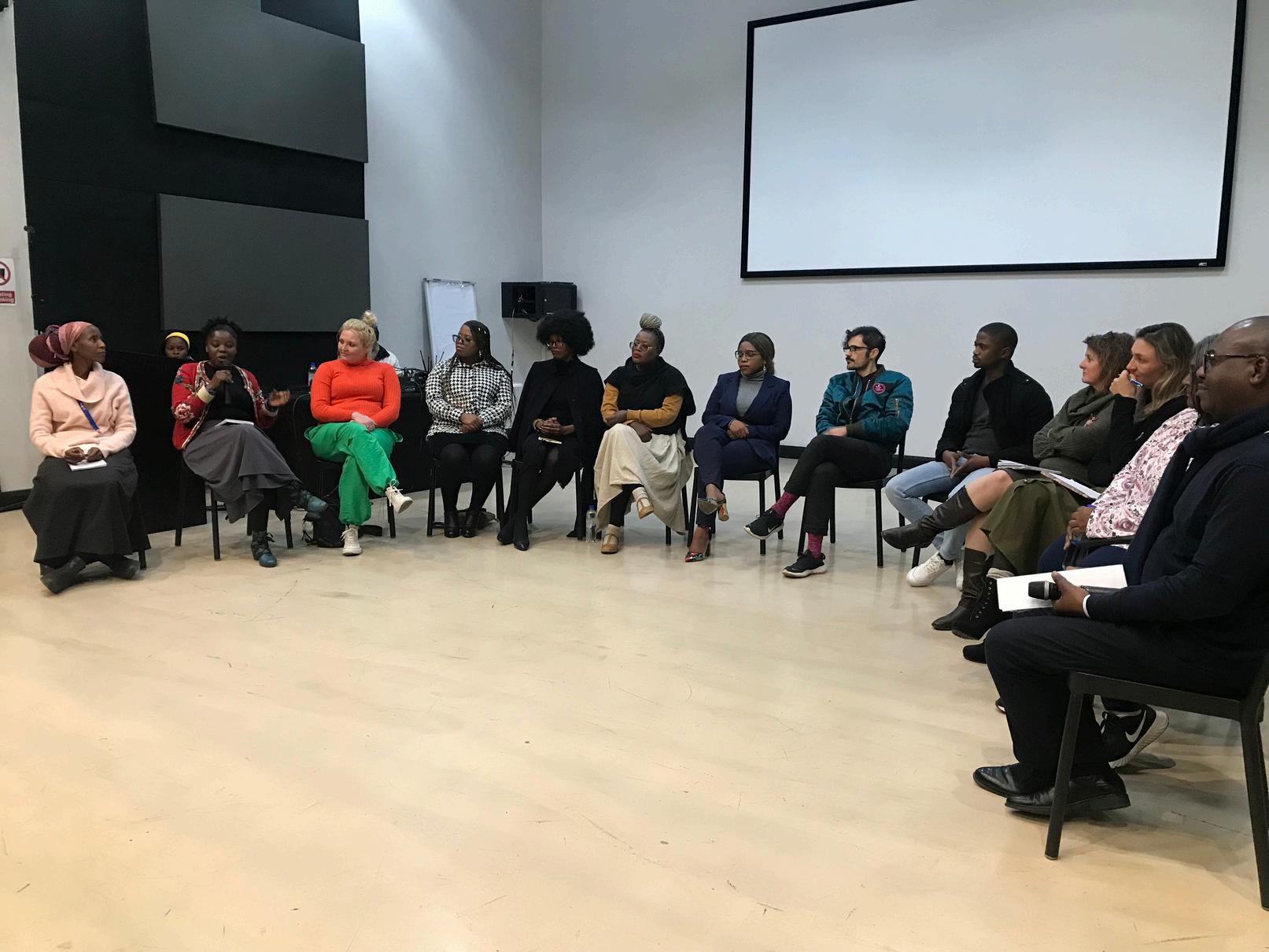




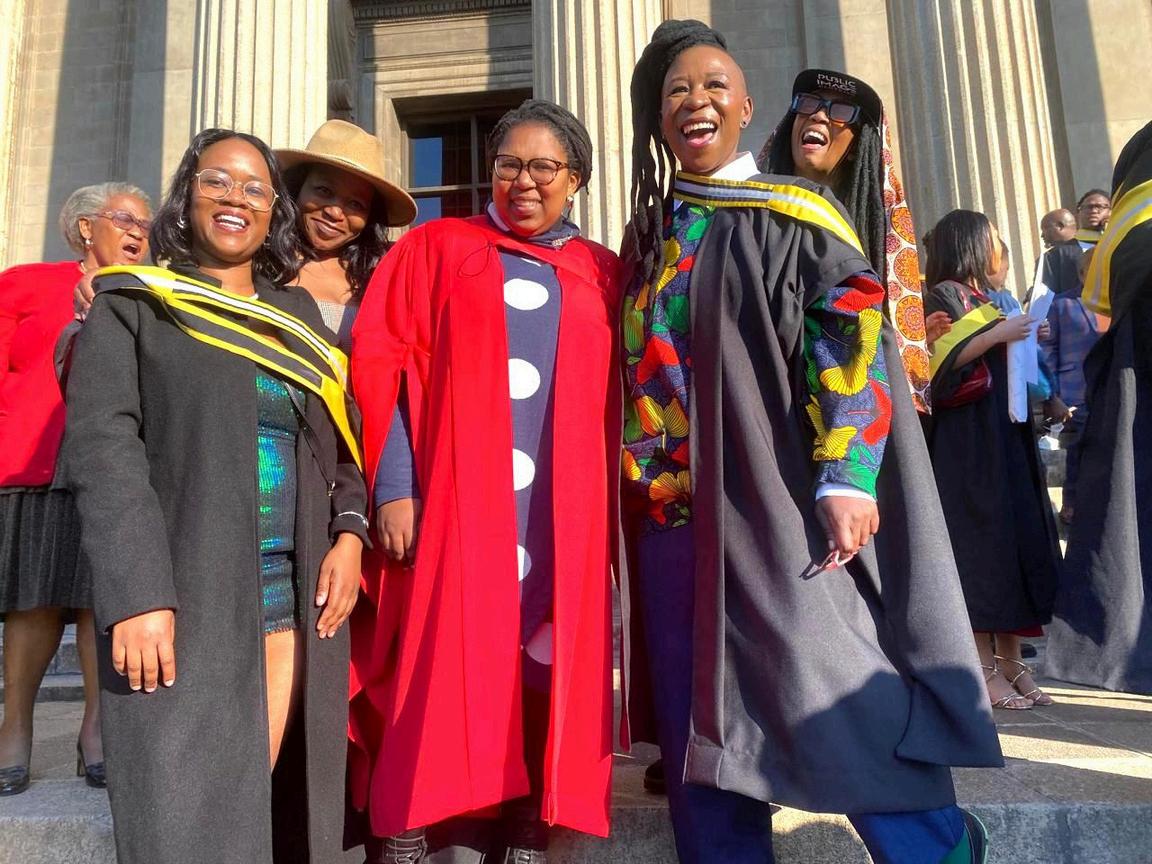
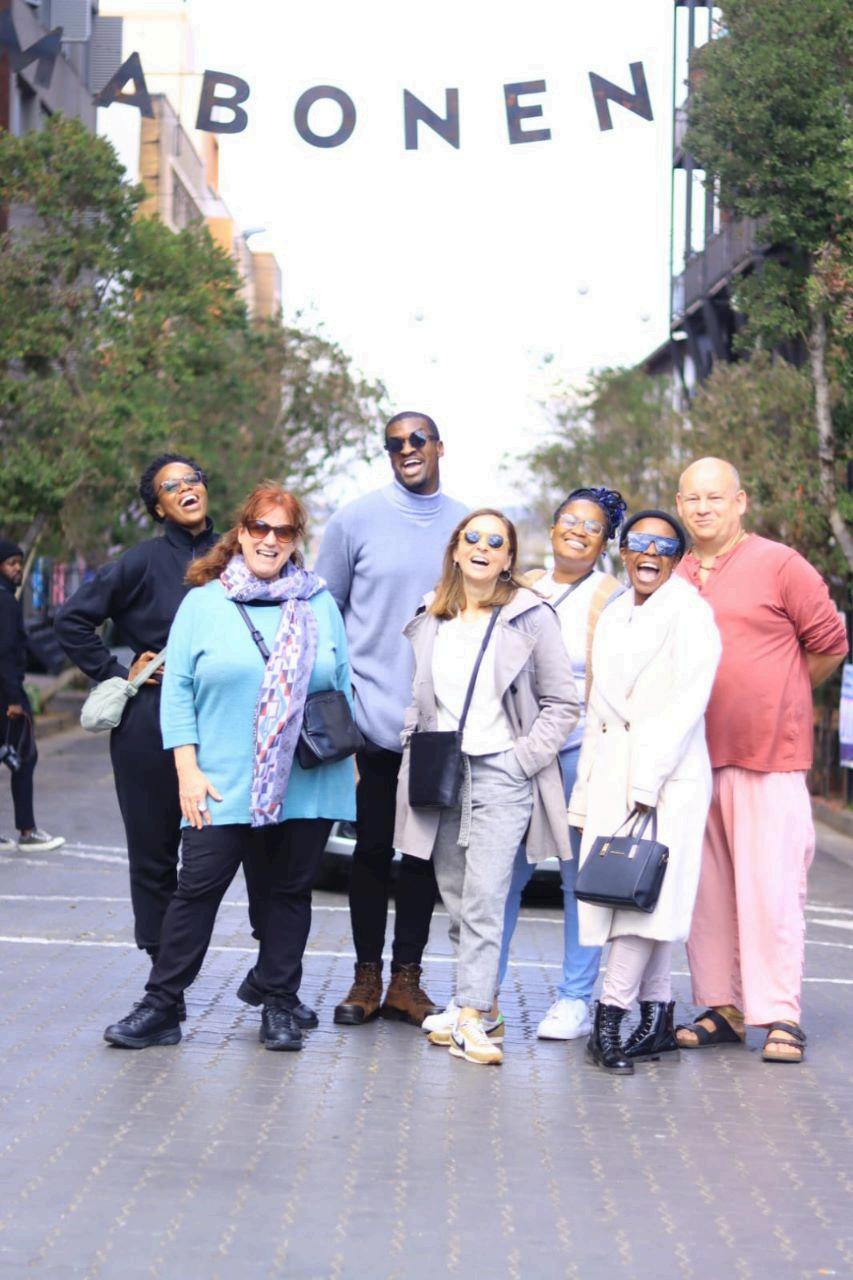
PROGRAMME CODE: ACA00 | PLAN CODE: AFACPMA60 NQF EXIT LEVEL : 9 | NQF Credits: 180
Currently, the full-time two-year Masters is CPM’s flagship programme and students have a number of courses to choose from: The foundational course is Cultural Policy and Leadership. This is followed by a choice of two analytically challenging but practically oriented courses i.e. Culture, Creativity and the Economy or Marketing, Fundraising, Sponsorship and Audience Development. The courses are all completed in year one. In the second year of study, students embark on individual research projects with supervisors in the research fields listed below. Students are also invited to attend the CPM Research Methods Course in year 2 which introduces students to both conventional research methodologies (social science and humanities research methods) as well as creative methodologies (including cultural mapping, photovoice, storytelling and empatheatre).
Applicants must be in possession of a BA Honours degree (or equivalent) in any cognate field of study. Additionally, An applicant must have an average of at least 65% in the final year of study. All applications must include::
A cover letter/letter motivating reasons for application.
A written expression of interest outlining the proposed topic of research (if for the MA by dissertation)
A scholarly sample of writing for an assessment of suitability for MA research and academic writing.
Curriculum vitae/resumé.
Academic transcripts of all prior tertiary qualifications.
One academic reference letter and one professional reference letter.
Applicants who meet the first selection process will be invited to a physical/virtual interview on a date that will be communicated by the Department Administrator.


PROGRAMME CODE: ACA00 | PLAN CODE: AFACPMA60 NQF EXIT LEVEL : 9 | NQF Credits: 180
The total no. of credits required for the award of the Master's degree is 180 credits.
The CPM MA Research programme broadly explores the democratization of culture and cultural democracy with specific questions around social, cultural, political, and economic implications of cultural policy governance, management, and administration on broader local, regional, and global society. Options of research areas include the fields of cultural policy, arts management, urban cultural governance, cultural economy, cultural entrepreneurship, audience development, arts education management, arts marketing, community arts centres, and cultural diplomacy.
Enrolment for WCPM7011A:
CPM Research Report is compulsory in year 2. Successful completion of this course is required for graduation.
Three semester-long courses are taken in year one of the MA by coursework and research report. The compulsory foundational course, Cultural Policy and Leadership, is taken in the first semester of the Masters Programme in Cultural Policy and Management. Curriculum plans with the intention to register either physically or online must be discussed and approved by the course coordinator.
The following courses are required for the CPM MA degree:
WCPM7008A - Cultural Policy & Leadership (Semester 1)
WCPM7010A - Arts Marketing and Creative Markets (Semester 2)
WCPM7007A Creativity, Culture and the Economy (Semester 2)


PROGRAMME CODE: ACA00 | PLAN CODE: AFACPMA60 NQF EXIT LEVEL : 9 | NQF Credits: 180
Cultural Policy & Leadership
Course code | WCPM7008A | Semester 1
Course Code | WCPM7010A | Semester 2
Cultural Policy and Leadership has three interrelated areas:
1) It critically examines policy frameworks within which arts, culture and heritage managers operate in Africa and internationally;
2) It analyses the nature of cultural leadership and cultural governance required in the arts, culture and heritage sector;
3) It introduces students to a range of professional research skills required for effective leadership in the arts, culture and heritage sector relating to policy making, valuing the cultural economy and assessing the value of the arts to society.
This course provides the foundation for further courses offered in Semester 2 of Year 1.
The course focuses on marketing, fundraising and audience participation as important management functions within arts organisations. In this course, marketing is taught as an integrated function with fundraising, sponsorship and audience participation. These themes function in tandem and work to increase visibility, generate funds and create loyal audiences. In a fast-paced arts and entertainment industry, the art of marketing is changing rapidly due to technology and increased interaction with audiences online, leading to the growth of social media marketing. The course explores traditional and digital marketing concepts as essential tools for communicating with audiences and funders in a changing arts and culture environment.


PROGRAMME CODE: ACA00 | PLAN CODE: AFACPMA60 NQF EXIT LEVEL : 9 | NQF Credits: 180
COURSE CODE | WCPM7007A | SEMESTER 2
The Cultural Creativity and the Economy course focuses on four primary areas of contemporary critical investigation of the cultural and creative economy in which arts and cultural managers work:
The cultural and creative economy (definitions; measurement; evaluation of value and of impact; contribution; value chains; mapping; and clusters)
Digital culture and cultural managers (the impact of digital media on the relationship between cultural institutions/individuals and their users)
Cultural production in contemporary cities (urbanisation and industrialisation; trends and impact on cultural production; consumption and production of cultural goods and services; regeneration outcomes)
Entrepreneurship and cultural economy (managing a for-profit enterprise; innovation in the cultural economy; creativity and entrepreneurship in the cultural economy).
Cultural Policy and Management
Research Report | Year of Study: 2
Enrolling for postgraduate research is an undertaking to work independently under the guidance of an assigned supervisor. This includes taking full control of the research plan, meeting all Faculty of Humanities timelines and requirements, meeting all Ethics training and application timelines and requirements, setting up appointments with your supervisors, reading widely to ensure that the literature pertinent to the chosen research topic has been identified and fully consulted.
The CPM MA Research Workshop Series covers academic skills, such as academic research, critical thinking, conceptual thinking and theoretical frameworks, literature review, and research designs and methods. At the end of the research workshop series, you will be equipped to produce a research proposal and an ethics application.
Course Codes
Full Time: WCPM7011A
Part-Time YOS 1: WCPM7012A
Part-Time YOS 2: WCPM7013A

PROGRAMME CODE: ARA00 | PLAN CODE: AFACPMA70
NQF EXIT LEVEL : 9 | NQF Credits: 180


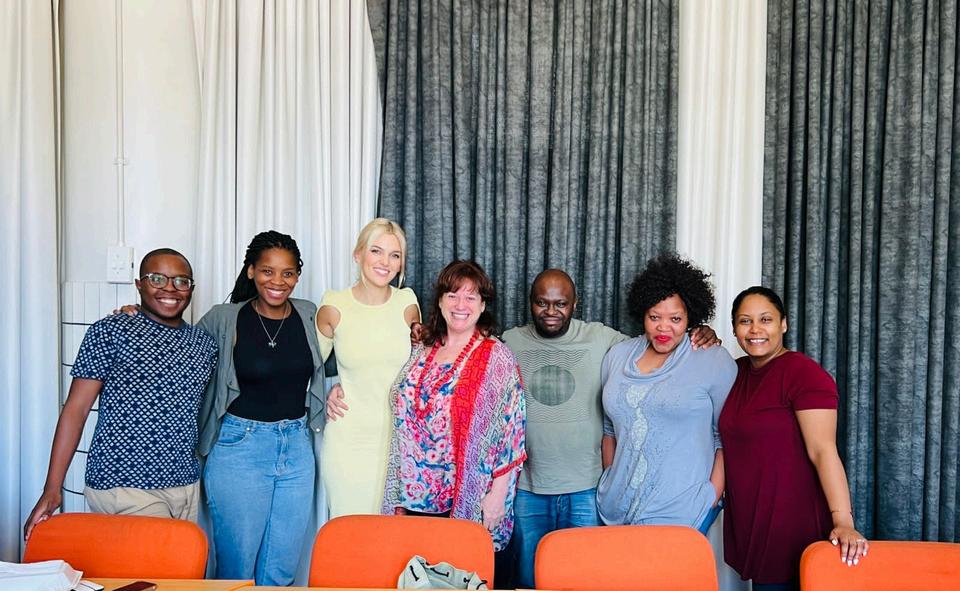
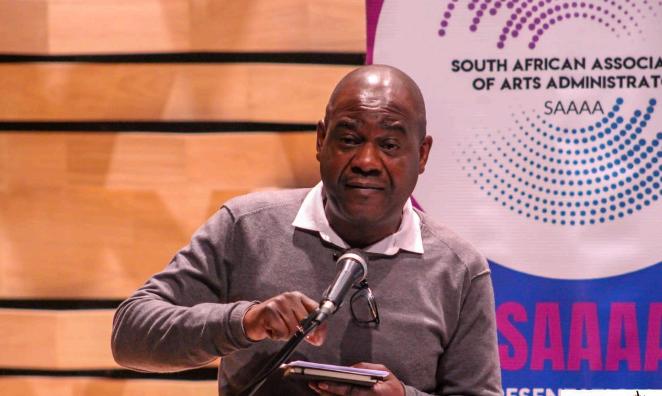
PROGRAMME CODE: ARA00 | PLAN CODE: AFACPMA70 | NQF EXIT LEVEL : 9 | NQF Credits: 180
Enrolling for postgraduate research is an undertaking to work independently under the guidance of an assigned supervisor. This includes taking full control of the research plan, meeting all Faculty of Humanities timelines and requirements, meeting all Ethics training and application timelines and requirements, setting up appointments with your supervisors, reading widely to ensure that the literature pertinent to the chosen research topic has been identified and fully consulted. MA by dissertation candidates are required to attend research workshop series which covers academic skills, such as academic research, critical thinking, conceptual thinking and theoretical frameworks, literature review, and research designs and methods. At the end of the research workshop series, the candidate will be equipped to produce a research proposal and a dissertation/thesis. MA by dissertation research broadly explores the democratization of culture and cultural democracy with specific questions around social, cultural, political, and economic implications of cultural policy governance, management, and administration on broader local, regional, and global society. Options of research areas include the fields of cultural policy, arts management, urban cultural governance, cultural economy, cultural entrepreneurship, audience development, arts education management, arts marketing, community arts centres, and cultural diplomacy. The MA by Dissertation Course Code is ARA00.
Applicants must be in possession of a BA Honours degree (or equivalent) in any cognate field of study with an average of at least 65% in the final year of study. Applications must include:
A cover letter/letter motivating reasons for application.
A written expression of interest outlining the proposed topic of research
A draft MA research proposal with the name of the approached CPM supervisor
A scholarly sample of writing for an assessment of suitability for MA research and academic writing.
Curriculum vitae/resumé.
Academic transcripts of all prior tertiary qualifications.
One academic reference letter and one professional reference letter.
Applicants who meet the first selection process will be invited to a physical/virtual interview on a date that will be communicated by the Department Administrator.



PROGRAMME CODE: ADA02 | PLAN CODE: AFA80CPMA
NQF EXIT LEVEL : 10 | NQF Credits: 180


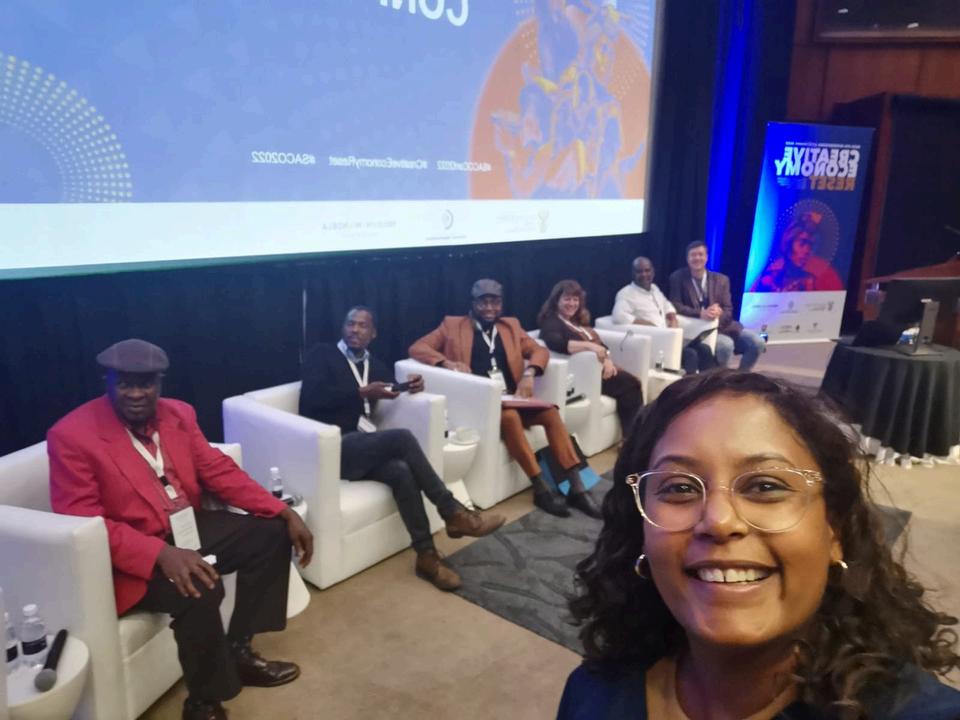

PROGRAMME CODE: ADA02 | PLAN CODE: AFA80CPMA NQF EXIT LEVEL : 10 | NQF Credits: 180
The normal minimum requirement for a candidate’s admission to the degree of Doctor of Philosophy (ADA02) in the Faculty of Humanities is a master's degree. A candidate must complete, during not less than two academic years of full-time study or four academic years of part-time study, research under the guidance of a supervisor; such research may include a creative component.
In WSOA, the application process for doctoral study is managed at the central school level. However, applicants are advised to initiate enquiries and consultations with potential supervisors in WSOA departments well in advance of a formal application for doctoral study. For the research and supervision profiles of academic staff in CPM please see Appendix 1. All communication must be sent to and or copy PG.WSOA@wits.ac.za
For enquiries on how to apply, for funding opportunities, and/or for assistance with application and registration processes, please contact the Postgraduate & Research Administrator (WSOA):
Maud Maphali
Email: maud.maphali@wits.ac.za | Tel: (+27) 11 717 4617 and the School of Arts Postgraduate Administrator, Email: pg.wsoa@wits.ac.za | Tel: (+27) 11 717 4617.
Applicants must be in possession of a masters degree (or equivalent) in any cognate field of study with an average of at least 65% in the final year of study or equivalent year of study. All applications must include:
A cover letter motivating reasons for application.
A draft PhD research proposal with the name of approached CPM supervisor.
A scholarly sample of writing for an assessment of suitability for doctoral research and academic writing.
Curriculum vitae/resumé.
Academic transcripts of all prior tertiary qualifications.
One academic reference letter and one professional reference letter.
Applicants who meet the first selection process will be invited to a physical/virtual interview on a date that will be communicated by the Department Administrator.


PROGRAMME CODE: ADA02 | PLAN CODE: AFA80CPMA NQF EXIT LEVEL : 10 | NQF Credits: 180
Doctoral candidates are expected to demonstrate advanced academic skills in research and writing. For the award of the PhD degree, doctoral candidates must present a thesis on a subject approved by the Senate that constitutes a substantial contribution to the advancement of knowledge in the subject chosen and must be satisfactory as regards literary style and presentation. It must show that the candidate has a thorough acquaintance with the methods of research in his/her field and the relevant literature and that he/she has mastered the necessary techniques.
The length of the thesis should fall in the range of 80,000 to 90,000 words, excluding any tables and indices or the bibliography. If the thesis includes a creative component, the length of the written report should comprise 30,000 –40, 000 words, excluding any tables and indices or the bibliography.
All creative work forming part of the thesis must be submitted for examination in the form of retainable documentation - as slides, photographs, video recordings, DVD recordings and/or other appropriate visual and audio forms of documentation.
The assessment criteria as approved by the Senate of the University stipulate that the creative work must be the equivalent of a year’s full-time work or a number of smaller and related or diverse projects. The introductory chapters of the thesis must clearly indicate the aim, scope, and research design of each component –the written report and the creative project and their inter-relationship.
Additionally, for doctoral study under the guidance of CPM staff. The written and creative components of the thesis must focus on one or more of the following:
A critical exploration of the history, theory, and practice of visual and/or performing arts;
The development and creative application of new materials and technologies;
The relationship between visual/performing arts and society. The relationship between visual and/or performing arts and other disciplines.
As there is no definitive mode or form for the creative component in a PhD thesis with a creative project in interdisciplinary arts and culture research, examiners will be guided by the criteria stipulated below in the evaluation of the thesis.


PROGRAMME CODE: ADA02 | PLAN CODE: AFA80CPMA NQF EXIT LEVEL : 10 | NQF Credits: 180
The thesis must fulfil the central criterion for the award of the PhD: it must constitute a substantial contribution to the advancement of knowledge in the subject chosen.
The weighting of creative work constitutes no more than 50% of the total work.
Creative work can be considered the equivalent of a year’s full-time work. The thesis includes a coherent relationship between the creative work and the written component in a manner that permits the assessment of the two components as an integrated whole
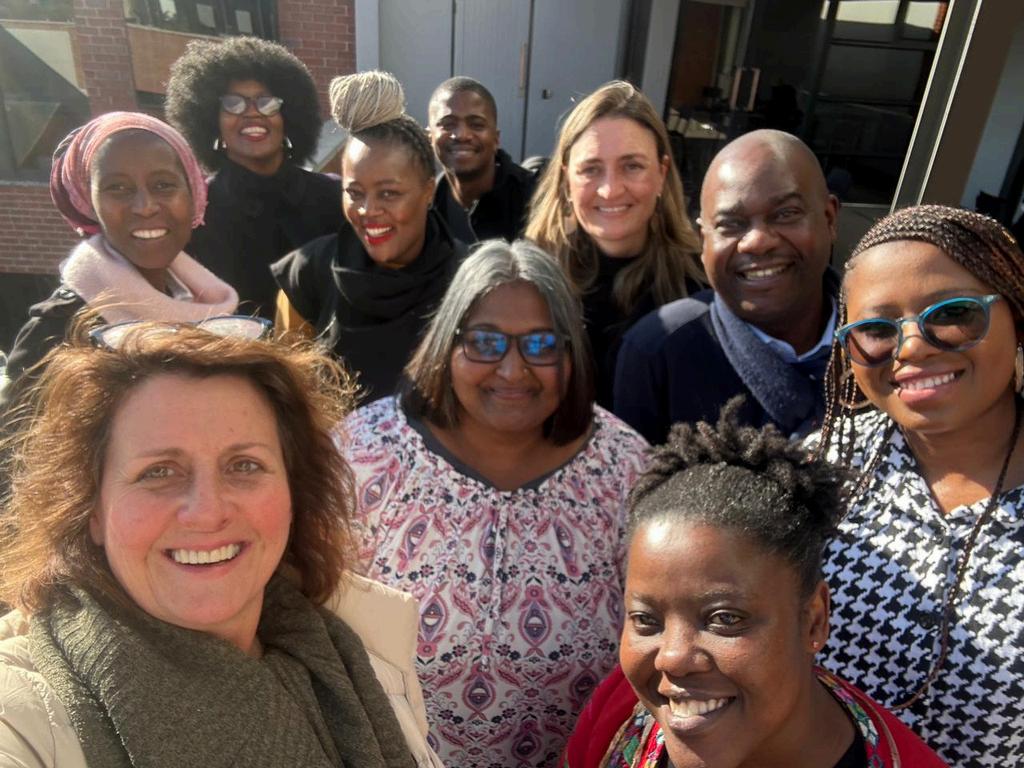
Additionally, for doctoral study under the guidance of CPM staff. The written and creative components of the thesis must focus on one or more of the following:
A critical exploration of the history, theory, and practice of visual and/or performing arts;
The development and creative application of new materials and technologies;
The relationship between visual/performing arts and society.
The relationship between visual and/or performing arts and other disciplines.
As there is no definitive mode or form for the creative component in a PhD thesis with a creative project in interdisciplinary arts and culture research, examiners will be guided by the criteria stipulated below in the evaluation of the thesis.



Dr Munyaradzi Chatikobo | Postgraduate Coordinator
Munyaradzi Chatikobo is an academic and researcher in the field of Cultural Policy and Management, with specific interests in Community Arts Management, Community Theatre Management, Culture and Development, Cultural Governance, Arts Marketing and Resource Mobilisation in the Cultural and Creative Industries. Munyaradzi Chatikobo holds a PhD in Arts and Culture Management (University of the Witwatersrand 2022), a Master of Arts Degree in Applied Drama and Theatre (University of the Witwatersrand, 2009), a Special Honours in Theatre Arts and BA General Degree from University of Zimbabwe, 1995. His PhD research area of study is Cultural Policy and Community Theatre in South Africa. He has publications on applied drama and theatre, cultural governance, arts and culture funding, cultural policy, community arts and experiential learning. Munyaradzi Chatikobo’s work experience in Culture and Development as well as Cultural and Creative Industries spans over 28 years, where he served in different management roles in public institutions and private companies in Zimbabwe, Malawi, and South Africa. In 2016 Munyaradzi co-founded Andani.Africa and served as a Founding Director and Lead Consultant until 2020. He is a board member for CHIPAWO Trust and a former board member of Nhimbe Trust, both in Zimbabwe. He is currently a Lecturer of Cultural Policy and Management in the Wits School of Arts
https://orcid.org/0000-0002-9870-7164
Email: munyaradzi.chatikobo@wits.ac.za
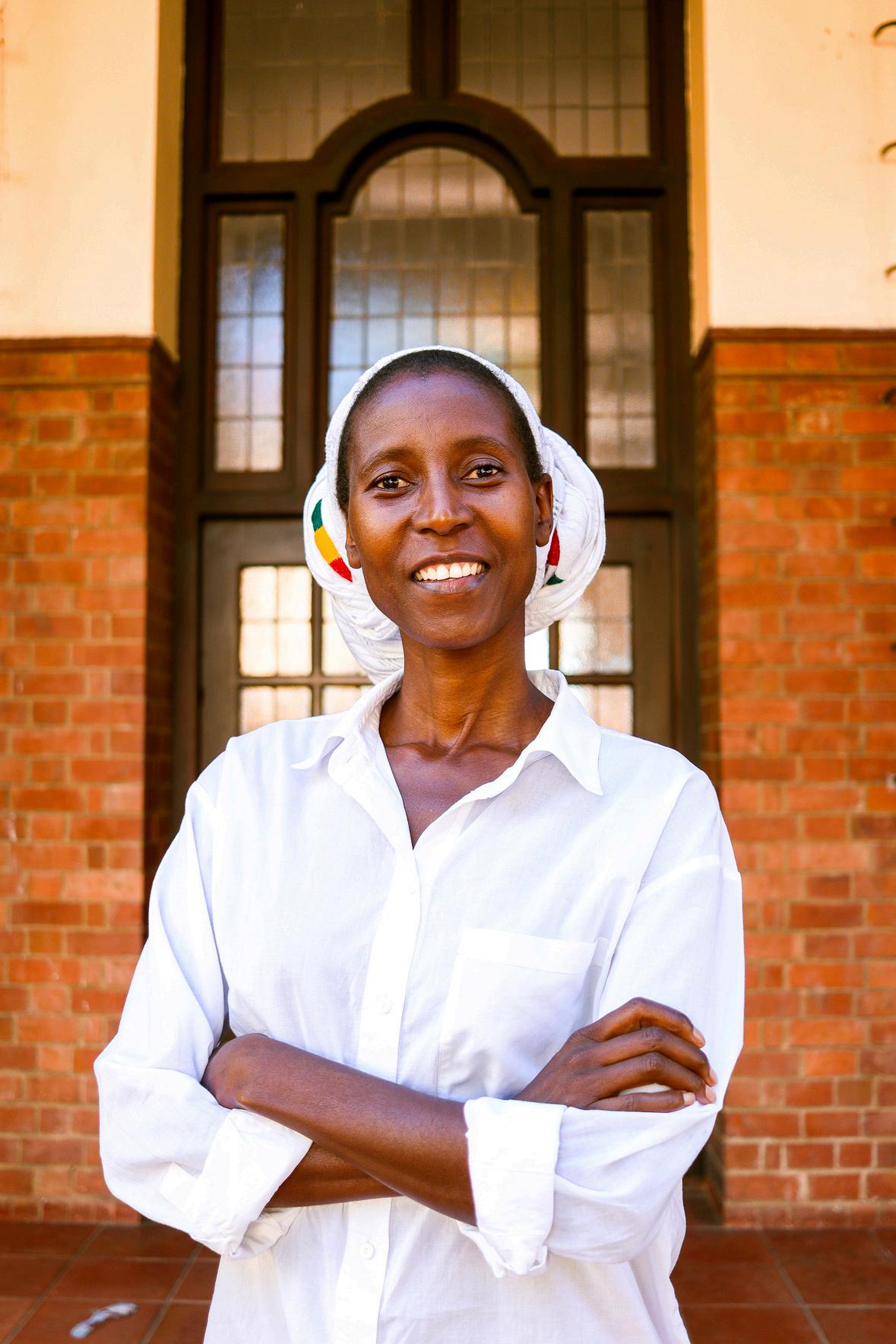
Johanna Mavhungu | Honours & Fourth-Year Coordinator
Johanna Mavhungu is a PhD candidate at the Link Centre’s PhD programme in Interdisciplinary Digital Knowledge Economy Studies. She lectures in cultural policy and management at the Wits School of Arts, Wits University focussing on cultural entrepreneurship and arts marketing. She worked as a researcher and lecturer at the Sol Plaatje Institute for Media Leadership (SPI) at Rhodes University, and on research projects with the International Research and Exchanges Board (IREX), the Open Society Foundation for South Africa (OSF-SA), the Media Development and Diversity Agency (MDDA) and the South African Department of Communications. She is passionate about filmmaking, cultural policy and entrepreneurship. Her research interests include new production and dissemination cultures in audiovisual media, as well as interdisciplinary indigenous knowledge that advances the arts, culture and communication in African contexts.
https://orcid.org/0000-0003-2751-2009
https://www.youtube.com/watch?v=AZmyfqYeN Y
Email: johanna.mavhungu@wits.ac.za
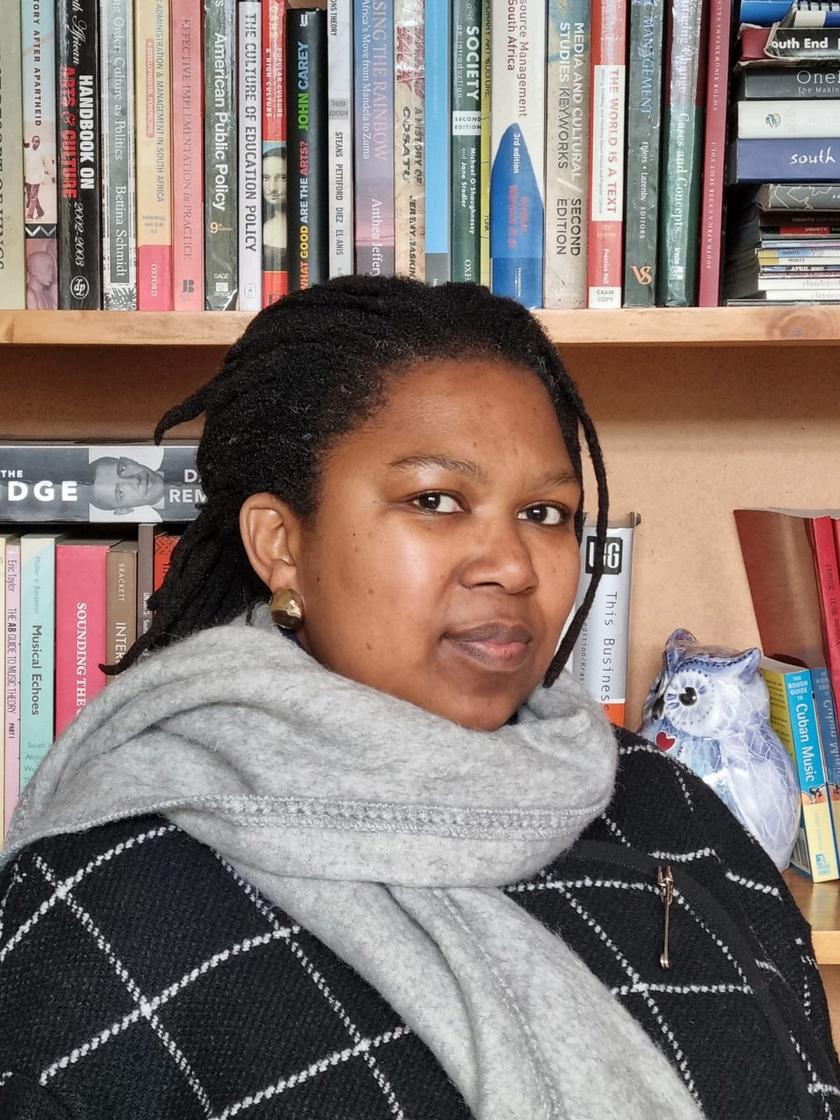
Dr Akhona Ndzuta | Head of Department & Third-year Coordinator
Dr Akhona Ndzuta is the Head of Department and Lecturer at the Department of Cultural Policy and Management (CPM) at the Wits School of Arts. She is the Coordinator of CPM’s 3rd year programmes. Her research interests are in the intersections of the management of South African music and public policy. She holds a PhD from the Ohio State University and has occupied two postdoctoral fellowships. Her undergraduate and postgraduate teaching has included courses in musicology, cultural studies, and arts management at the University of South Africa, Wits University, the Ohio State University, the Tshwane University of Technology, and the University of Fort Hare. Her recent research activities include a contributing editorship to volume 1 of the book ‘Culture and Liberation Struggle in South Africa: from Colonialism to Post-Apartheid’. As a music practitioner, she trained as a jazz vocalist and performed in various popular music genres between 2000 and 2010 in Johannesburg and Cape Town. At CPM, she supervises postgraduate research on the labour conditions of South African music practitioners in domestic and international contexts, cultural entrepreneurship, South African cultural policy foundations and processes, music and cultural diplomacy, and arts education.
https://orcid.org/0000-0002-7410-9821
Email: akhona.ndzuta@wits.ac.za
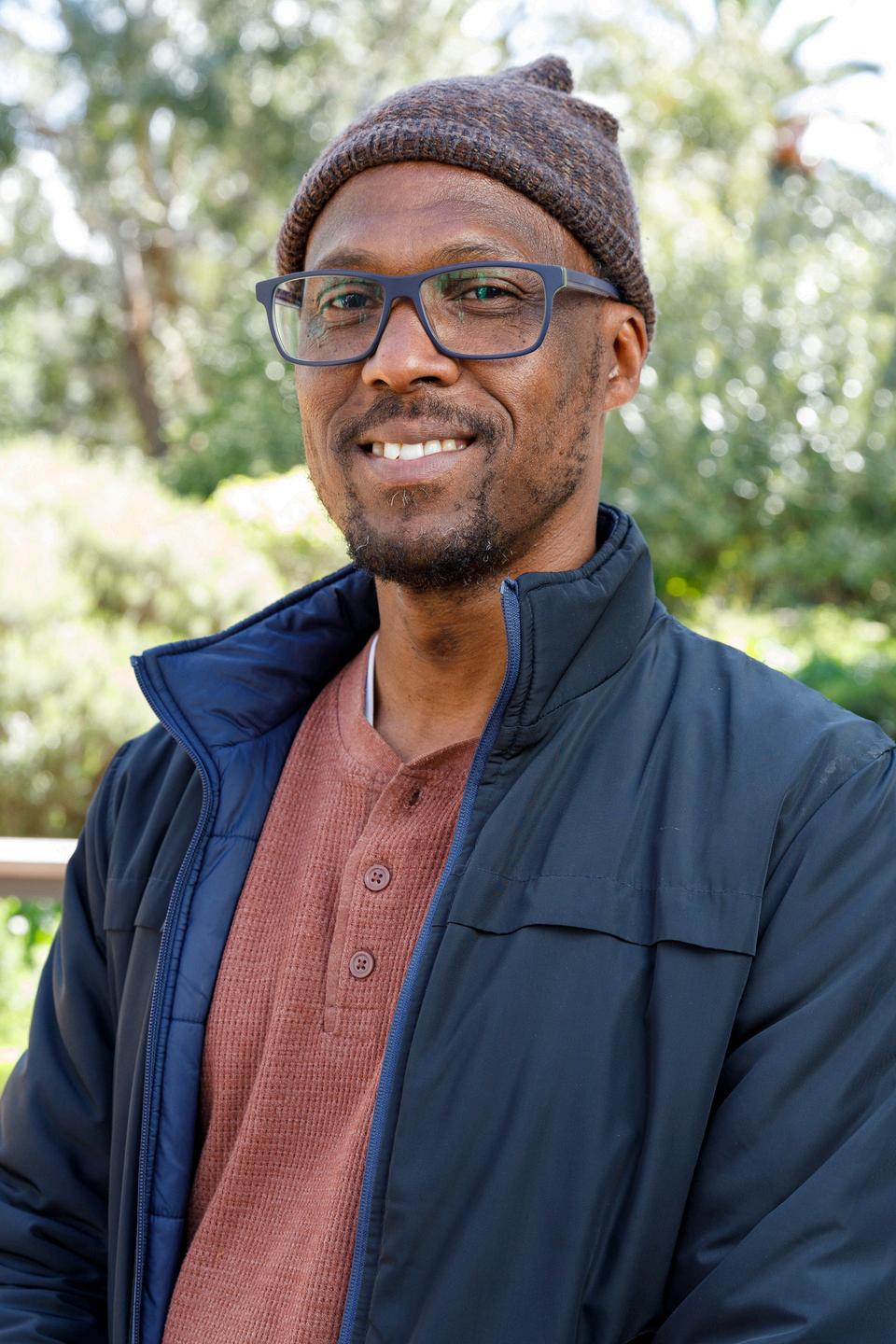
Dr Kgomotso Moshugi | Lecturer & PhD Coordinator
Kgomotso Moshugi is a lecturer in the Cultural Policy and Management Department at the Wits School of Arts. As a cultural scientist and practitioner, his career has often straddled between administrative and artistic aspects of the creative and cultural industries. His research and teaching approaches broadly stem from extensive experience in creativity as an interdisciplinary function of multiple forms of intelligence, leadership, ubuntu thought and practice, and civic engagement. He has demonstrated expertise in integrating conventional social science modes with artistic practice and research through systems thinking while working in transnational contexts with partners from the Global South and North within the Open Society University Network and beyond. Moshugi is adept at fostering collaborative relationships within academia and community-based initiatives, dedicated to advancing arts, peacebuilding, culture, and heritage knowledge through transformative education and innovative research. As a musical arranger and director specialising in choral cultures, his work and creative outputs have been recognised through numerous international awards. He is a recipient of fellowships from the Social Sciences Research Council - Next Generations Social Sciences in Africa, Andrew Mellon Foundation – Arts Research Africa, National Institute for the Humanities and Social Sciences, National Arts Council, National Research Foundation and a visiting scholar at the Stellenbosch Institute for Advance Study.
Research Interests
https://orcid.org/0000-0002-9870-7164
Email: kgomotso.moshugi@wits.ac.za
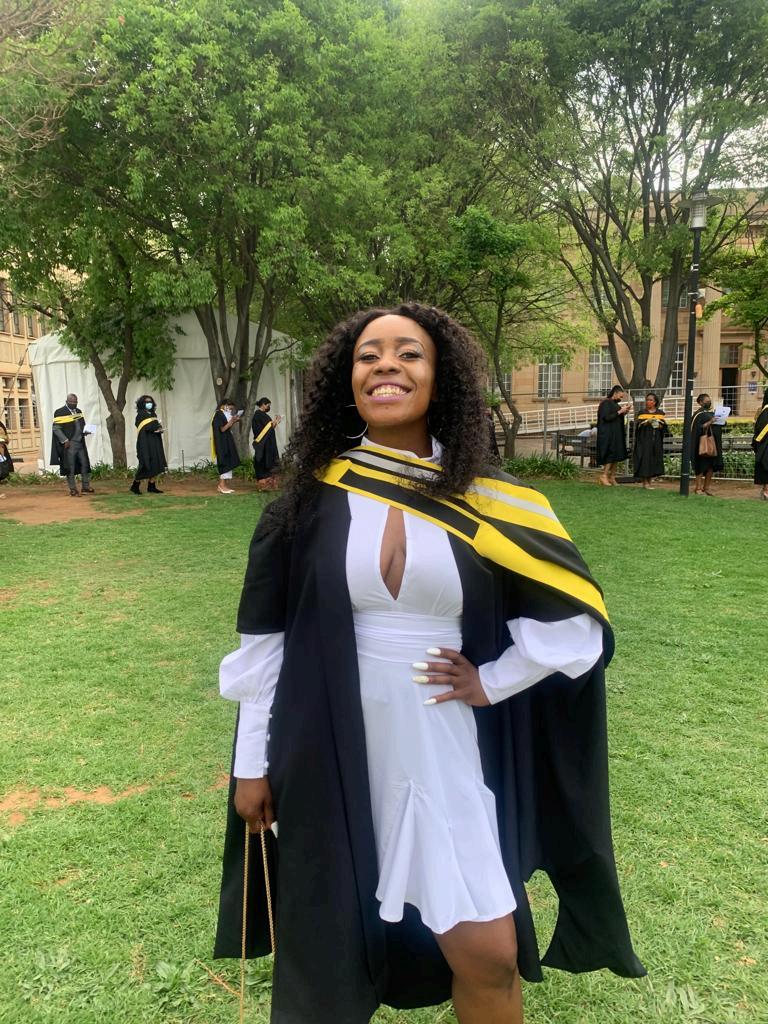
Madyibi is a tapestry woven with artistic brilliance, administrative ence, and a relentless pursuit of knowledge. From her beginnings as a ed actor, writer, and director to her current role as an administrative ant and researcher in arts management, funding, and sustainability, she nriched the arts ecosystem through her passion and dedication. Vuyo's y is characterized by a multifaceted approach, as she effortlessly tes between the worlds of academia and the arts. Armed with her ns in Applied Drama to Armed with her BAHons and MA in Cultural she brings a unique perspective to her academic pursuits, infusing her ch and studies with insights from the stage and the real-life ences of artists and communities. Her passion for the arts and strong istrative background makes her an invaluable asset to the department, ing an environment where creativity and management harmoniously st.
//orcid.org/0009-0006-1545-5245
vuyolwethu.madyibi@wits.ac.za

Mr Smangaliso Ngwenya | Graduate Assistant
Smangaliso Siphesihle Ngwenya is a dancer, performer, writer, director, choreographer, videographer and founder of Isifiso SakaGogo Performance Theatre. The essence of all his offerings is rooted in dance and movement. He acquired his first traces of dance and movement training from First Physical Theatre Dance Company while completing my Bachelor of Journalism at Rhodes University (2013-2016) he then joined the internationally acclaimed Vuyani Dance Theatre (2017-2019). Thus far, he has choreographed eight works: “Mask-your-linearity” (2017), “Dictated Democracy” (2018), Standard Bank Ovation award-winning screen dance "Fragmented Scribbles" (2020), "Glare" (2020), "Home?’" (2020), Descent (2021) by Jake Natane, How to Eat a Doughnut (2023) and Evelyn (2023). In 2020 he completed a Masters of Arts in Cultural Policy and Management at the University of Witwatersrand. He has directed the award-winning “Ithemba” by Thulisile Binda, “Mtwan’Omntu” by Thulisile Binda and Xolisile Bongwana as well as “Inkosazana” by Lungile Mahlangu and Thulisile Binda. He has had the privilege of being a performer in “Barena… Reimagined”, rechoreographed by David April from Vincent Mantsoe’s 1998 ''Barena”. He grows his practice through embodied, practice-led creative research with research interests in Cultural policy, Community arts centres, Embodied research, Dance and theatre, Afrocentricism, Alternative pedagogies, Contemporary dance, Archive/ Anarchive.
https://orcid.org/0009-0001-6386-3271
Email: smangaliso.ngwenya@wits.ac.za
Website: https://smangalisongwenya.wixsite.com/smanga
